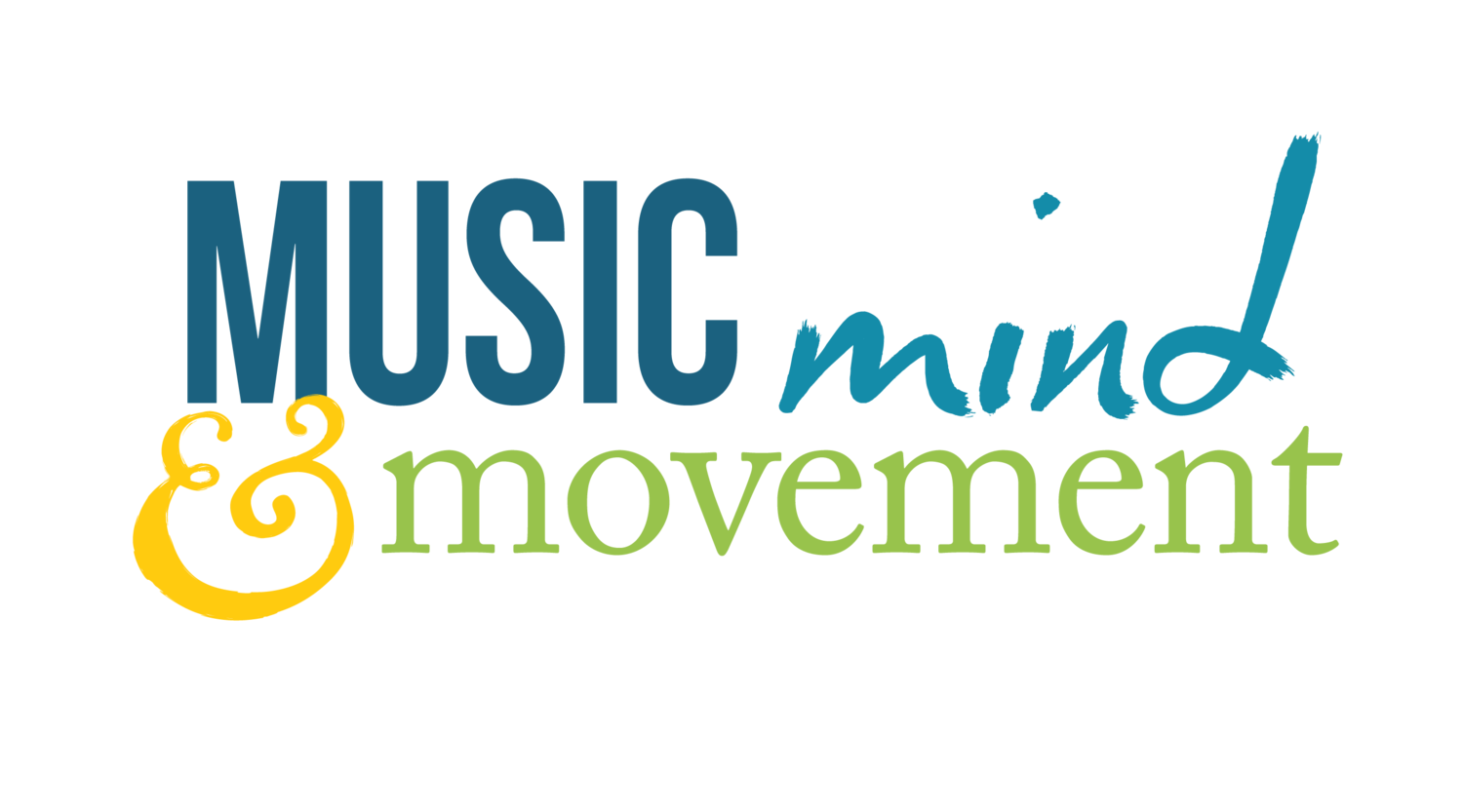The art of celebrating small victories lies, to paraphrase the great Kenny Rogers, in knowing when to hold ‘em and when to fold ‘em. Sometimes we intend to celebrate small victories but get gluttonous about improving. Something goes well and we think, “Maybe, if I keep going, I can improve even more.”
It can be good to push on, sure. But pushing on can, for some of us, lead to a feeling of never really achieving anything. Consider this: Have you ever had an experience where you achieved something that felt meaningful or significant to you and told someone — perhaps a friend or a parent or a teacher — and they said "Congratulations!” but then immediately pointed out the thing that you haven’t achieved yet? Instead of feeling great about the thing you just accomplished, you end up feeling like you failed in advance at the next thing.






